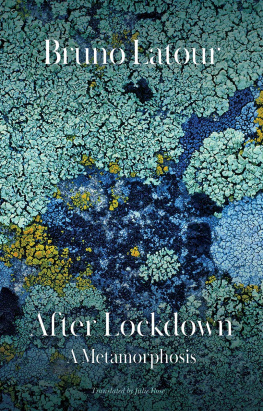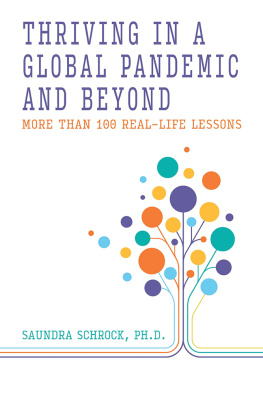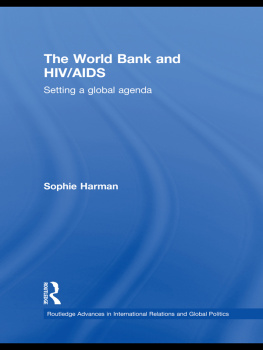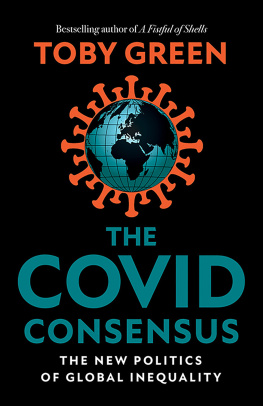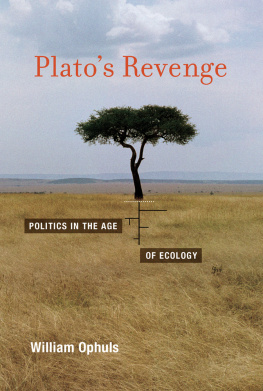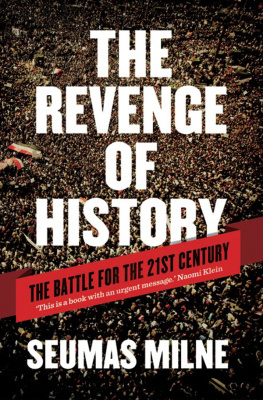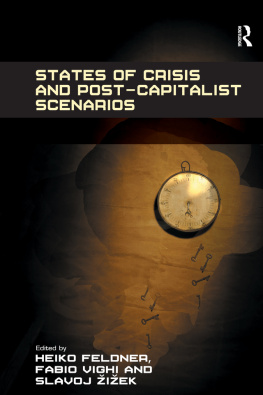Contents
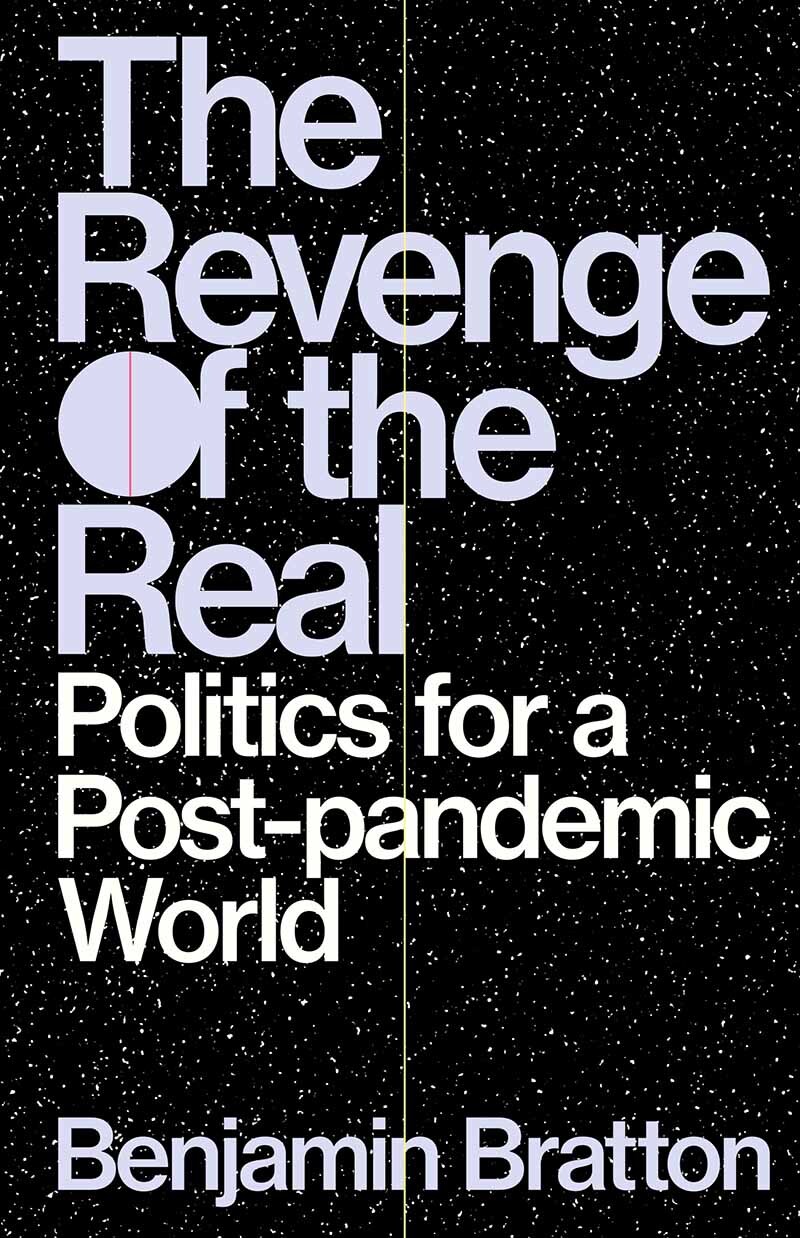
The Revenge of the Real
The Revenge of the Real
Politics for a Post-pandemic World
BENJAMIN BRATTON

First published by Verso 2021
Benjamin Bratton 2021
All rights reserved
The moral rights of the author have been asserted
1 3 5 7 9 10 8 6 4 2
Verso
UK: 6 Meard Street, London W1F 0EG
US: 20 Jay Street, Suite 1010, Brooklyn, NY 11201
versobooks.com
Verso is the imprint of New Left Books
ISBN-13: 978-1-83976-256-7
ISBN-13: 978-1-83976-259-8 (US EBK)
ISBN-13: 978-1-83976-258-1 (UK EBK)
British Library Cataloguing in Publication Data
A catalogue record for this book is available from the British Library
Library of Congress Cataloging-in-Publication Data
A catalog record for this book is available from the Library of Congress
Typeset in Monotype Fournier by Hewer Text UK Ltd, Edinburgh
Printed in the UK by CPI Group (UK) Lrd, Croydon CR0 4YY
CONTENTS
This book began as part of the Revenge of the Real project of the Terraforming think tank at the Strelka Institute in Moscow. As COVID-19 crept across the globe, and after our researchers scattered back to their countries of passport, we trained our thoughts on the pandemic convulsing global culture. Many of the ideas herein were first ventured in the essay 18 Lessons of Quarantine Urbanism, published on April 3, 2020, by Strelka Mag .
This is a book about how societies govern life and death, how they fail and succeed, and how the COVID-19 pandemic made clear that the planetary society we need is one that embraces this responsibility. It is also about how so much philosophy failed the pandemics test, and so provides an outline for an alternative. A successful response to a pandemic, or to climate change, or to how we care for one another, should be biopolitical in a positive sense. It is literally a matter of life and death.
The most difficult lessons to be learned are those that come when reality in the form of a virus, of our vulnerability to it, of our inadequate governing responses to itcrashes through comforting illusions and ideologies.
This book is published at a time that is hopefully closer to the end of the pandemic than to the beginning, a moment when change is necessary and seems possible. Recognizing the lessons of the revenge of the real, it envisions a post-pandemic politics and what must happen now. Can the world govern itself differently? If so, what models are needed?
Paul Preciado writes, Tell me how your community constructs its political sovereignty and I will tell you what forms your plagues will take. Yes, and the inverse is equally and painfully true, especially when sovereignty is defined by its absence. This pandemic demonstrates a critical inability of the West, in particular, to govern itself as it needs to.
Coronaviruses are ancient. We and they co-evolved. The real culprit is not, as some have suggested, an unnatural global entanglement that can be undone by blunt segregation, putting everyone and everything back in place. Entanglement is the baseline, not the exception.
The pandemic has revealed dire inadequacies not just in state responses, but in the political cultures that credentialize, shape, and reflect them. The reason one country succeeded where another one failed is not only the different policies but also the different cultures that accept or reject those policies in the first place. What worked in Taiwan may be unacceptable in Italy or Texas.
We must understand post-pandemic politics both in terms of how the state interacts with society as well as in terms of how a human society that is utterly planetary in scope knows itself, models itself, and attempts to compose, organize, and care for itself through various mechanisms, be they public, personal, private, or scientific.
The anarchic state of international politics in which nations close off from one another and compete for resources such as data or vaccineswhen it neednt be a zero-sum gameis both unnecessary and dangerously uncoordinated. It puts all of us in a position where common problems exist at a planetary scale but are addressed at a local scale that is comparatively myopic. The governance challenges of climate change parallel this situation. Sooner rather than later, something must and will give.
With that future in mind, this book holds as a matter of principle that to advance a scientific biological conception of life is not to reduce the world to mere facts, but to recognize its complexity and fragility, and therefore that it also cant be reduced to the constructed meanings we might project upon it. The pandemic is a revenge of the real . It is a non-negotiable reality that upends comfortable illusions, no matter how hard some may try to push back with their chosen form of magic.
What are the forms of the real that the pandemic has forced us to confront? How has the unprecedented filtering and sorting of people into their countries of passport revealed the power and limits of exclusive national citizenship? How will the epidemiological view of society and collective risk alter the commonsense notion of what a society is? What lessons must be learned from how different governments responded to the virus, successfully or catastrophically, for what comes next? How does the uneven and inequitable distribution of testing and care demonstrate just how collective the risk really is, and also put into question simplistic dismissals of all forms of technological sensing as pernicious surveillance?
What do the mask wars reveal about the destructive (and self-destructive) nature of libertarian individualism as the basis of sovereignty? As we pass by a stranger, how do the ethics of the immunological commons shift from subjective intention of harm or endearment to the objective biological circumstance of contagion? Is it at all surprising that the philosophies based on biopolitical critique, which hold that any governance of bodies is fundamentally authoritarian and illegitimate, fail so miserably in interpreting what is truly at stake? In turn, as the communities first to implement lockdowns began to open back up, what did the explosion of protests against police violence reveal about the effects of a generational dismantling of equitable, effective governance?
Finally, what now for post-pandemic Earth? In a rational and equitable world, what forms of planetary protection, governance, and competence are needed, and what deep and difficult changes in political culture might bring them about? Can the West learn some obvious lessons, or not?
There is nothing easy on offer, no simple solutions. The book doesnt offer much in the way of feel-good sonnets about good guys and bad guys that imply more explanation than they actually provide. The stakes are too deep and too wide. The reality of the situation is genuinely disorienting, including for some of our most esteemed cultural theorists. Where aesthetic resistance to vertical planning and scientific rationality was often seen as progressive, we are confronted with a reality in which intuitive individualism in the guise of health freedom is now widely understood as dangerous. The ground has rotated, making some previously obscured paths more open and clearer.
The post-pandemic politics I describe is one that is inclusive, materialist, restorative, rationalist, and based on a more demystified image of the human species, anticipating a future different from the one prescribed by many cultural traditions. It accepts the evolutionary entanglement of mammals and viruses. It accepts death as part of life. It therefore accepts the responsibilities of medical knowledge to prevent and mitigate unjust deaths and misery, as something quite different from the nativist immunization of one population of people from another. It is



